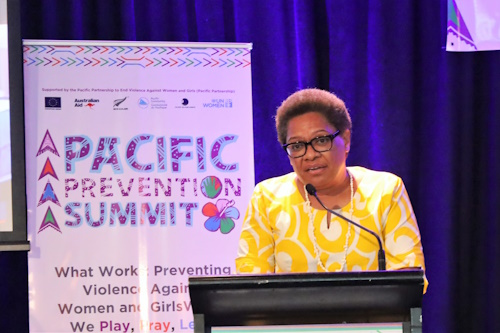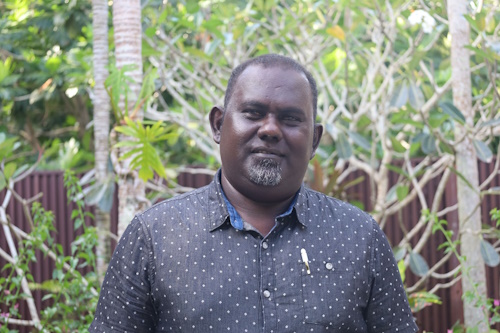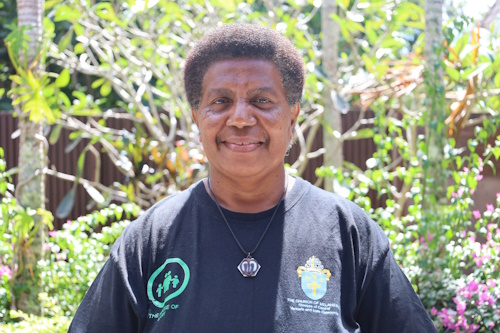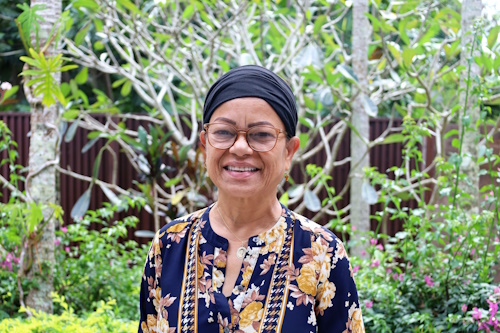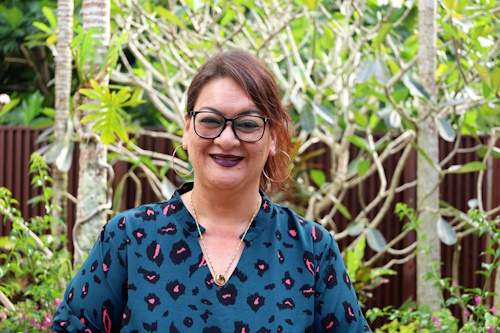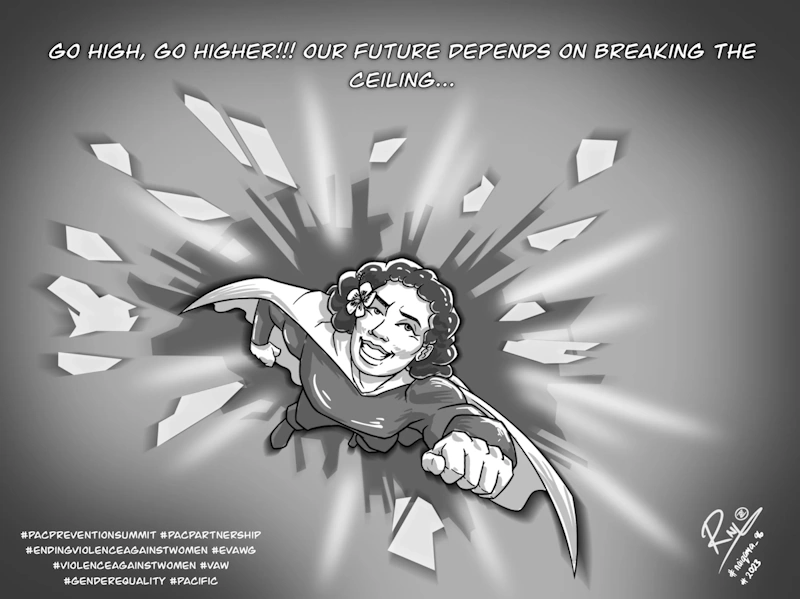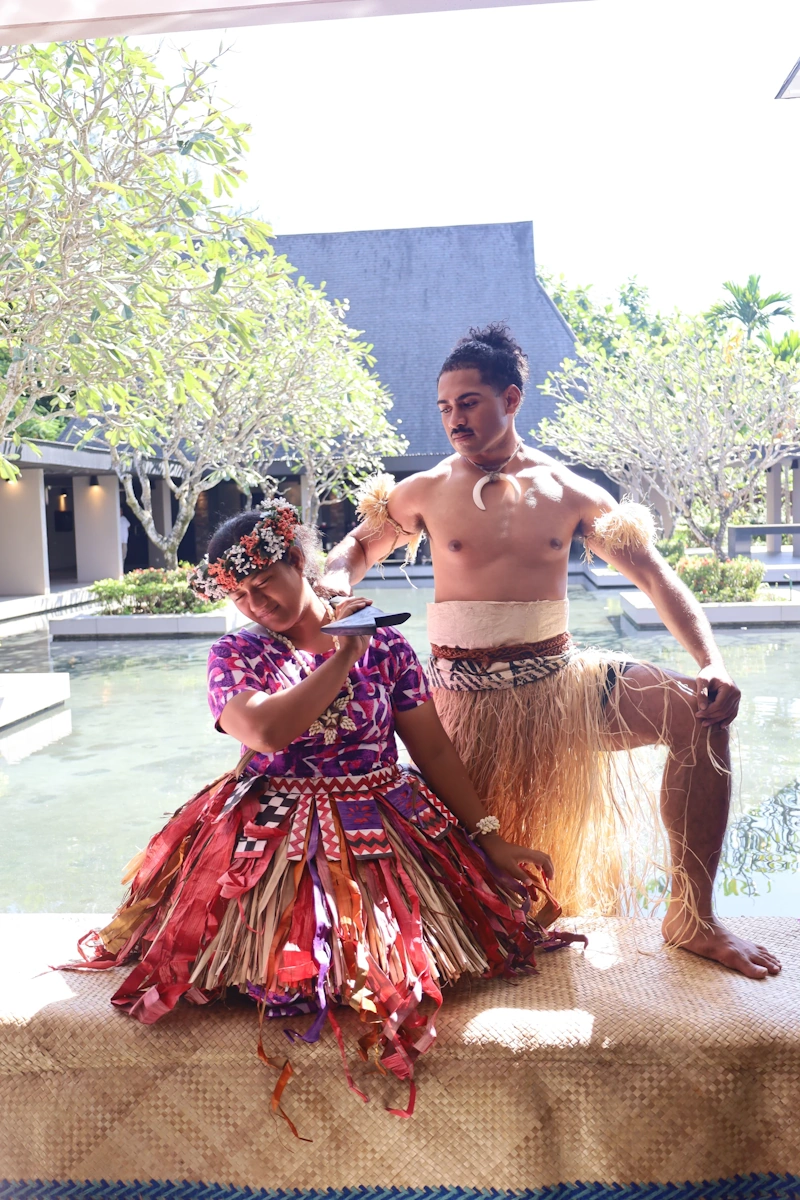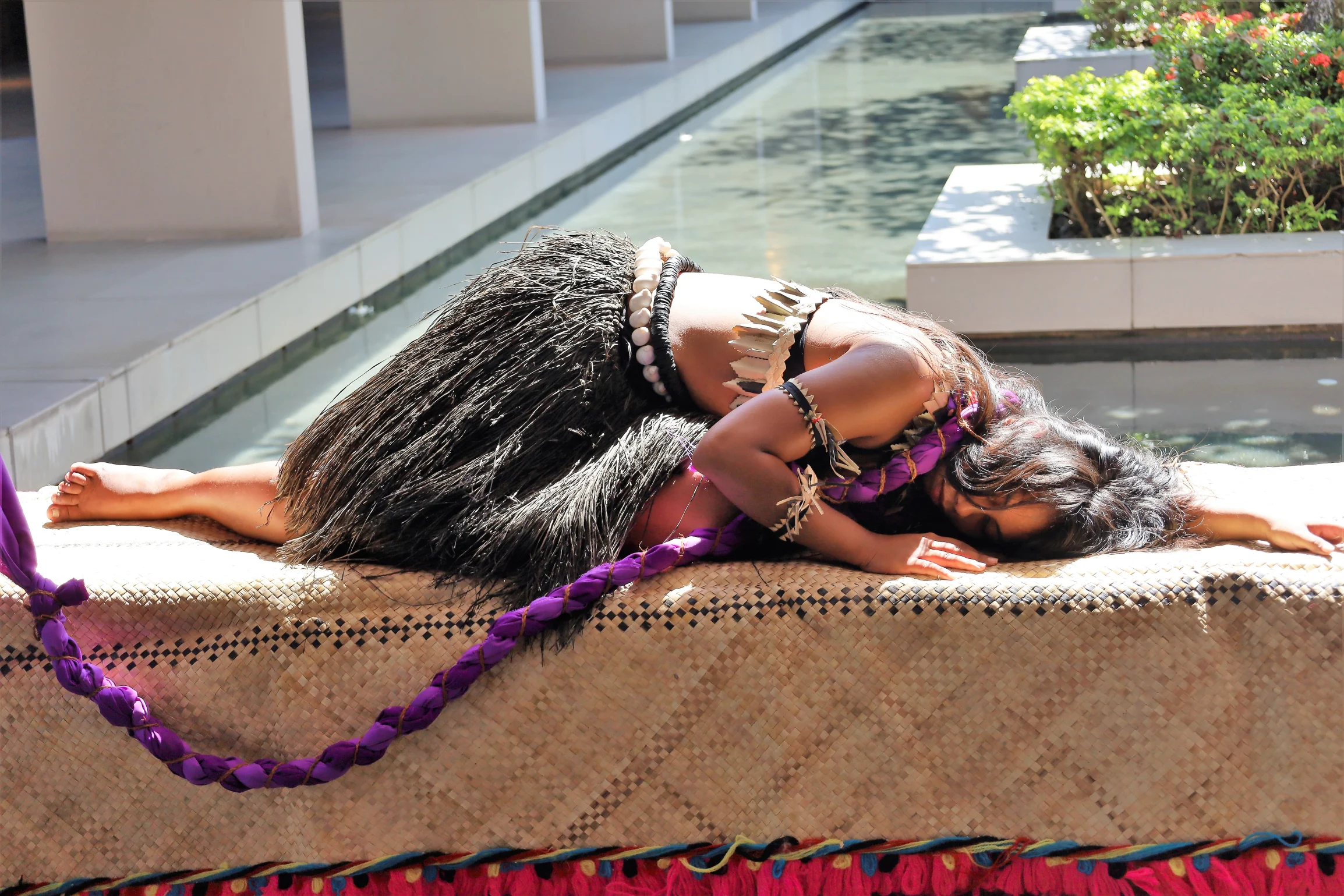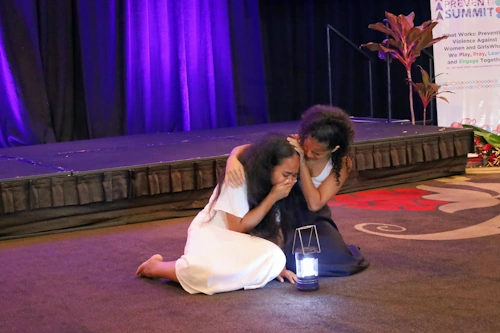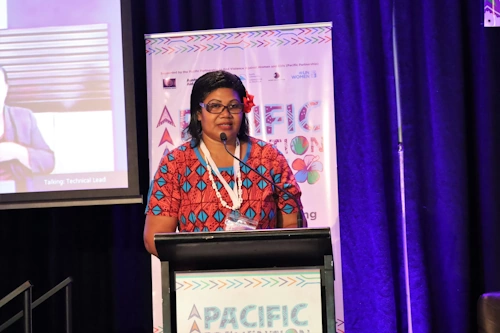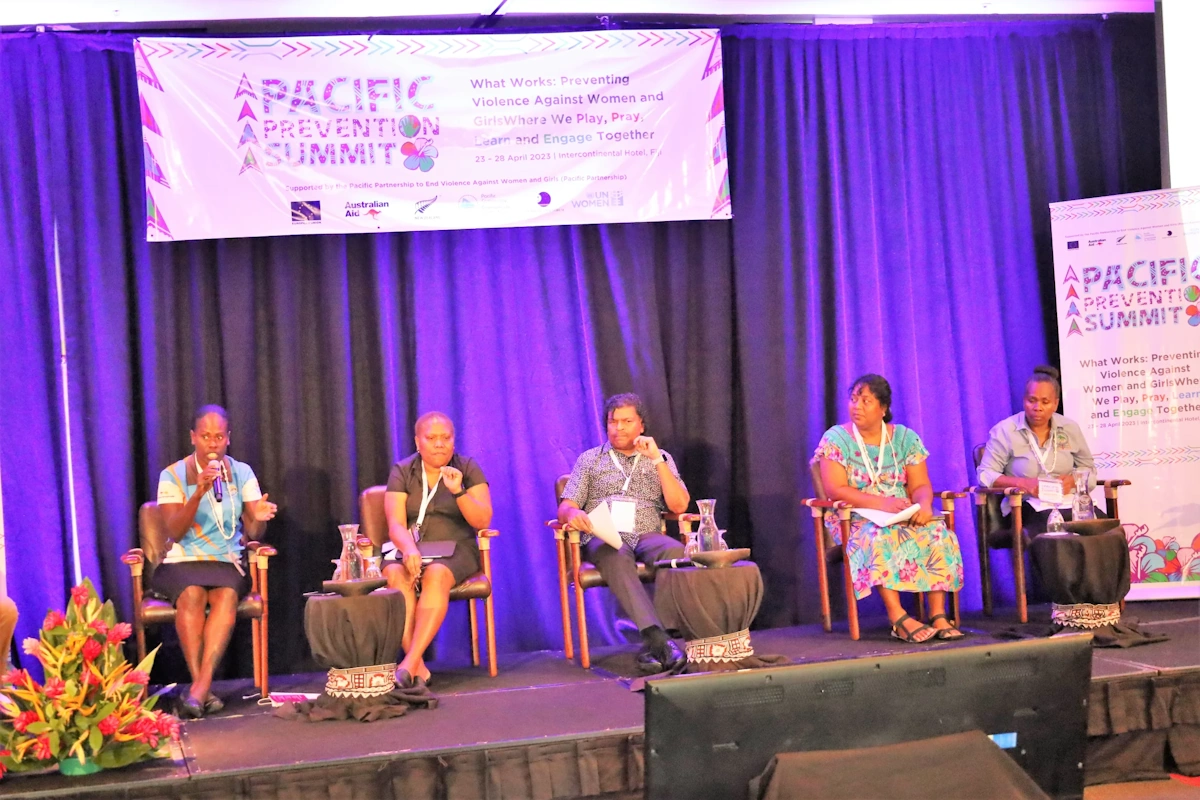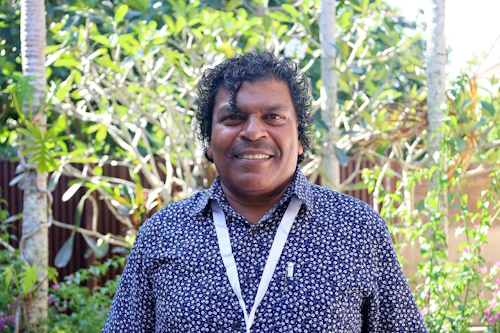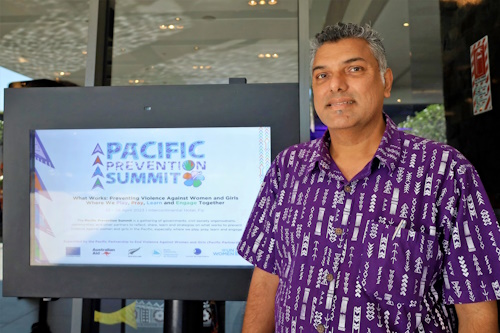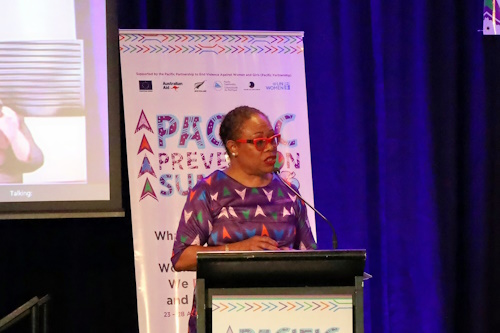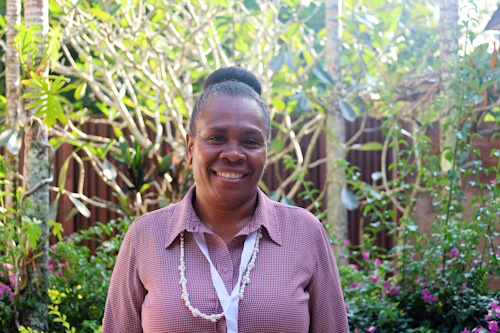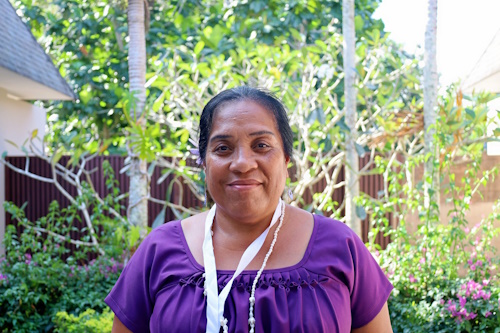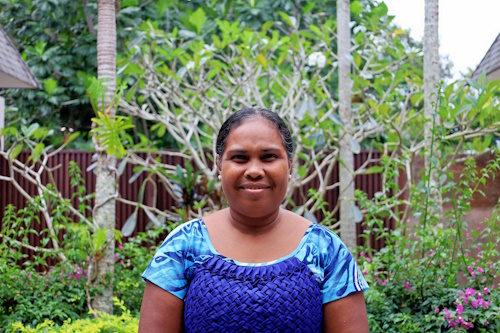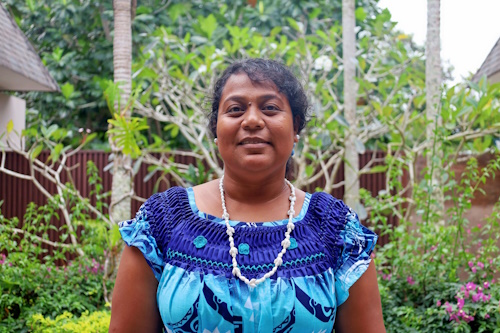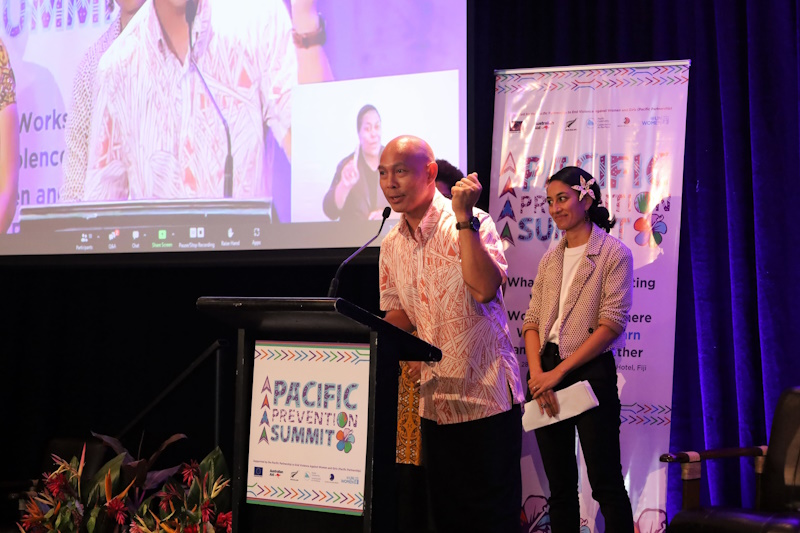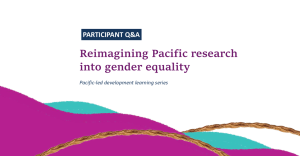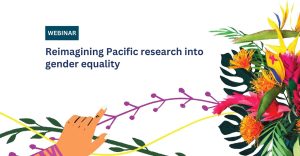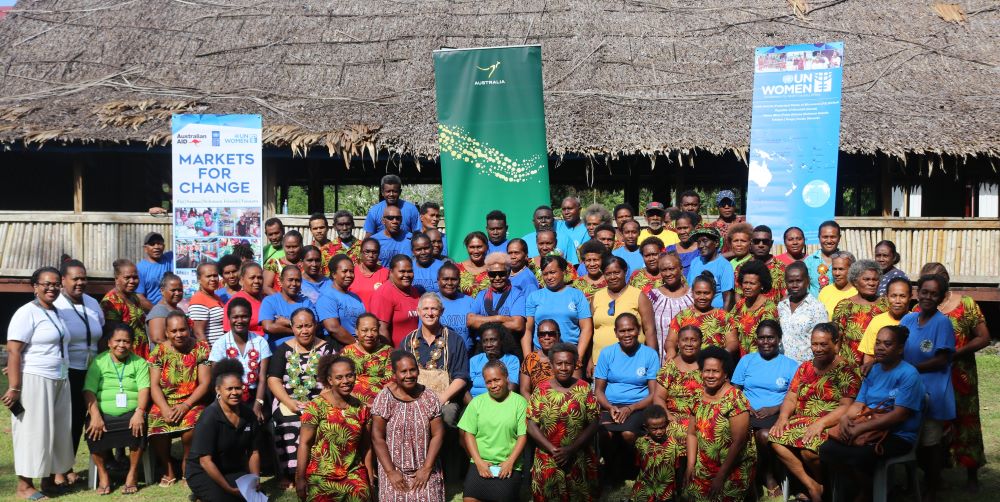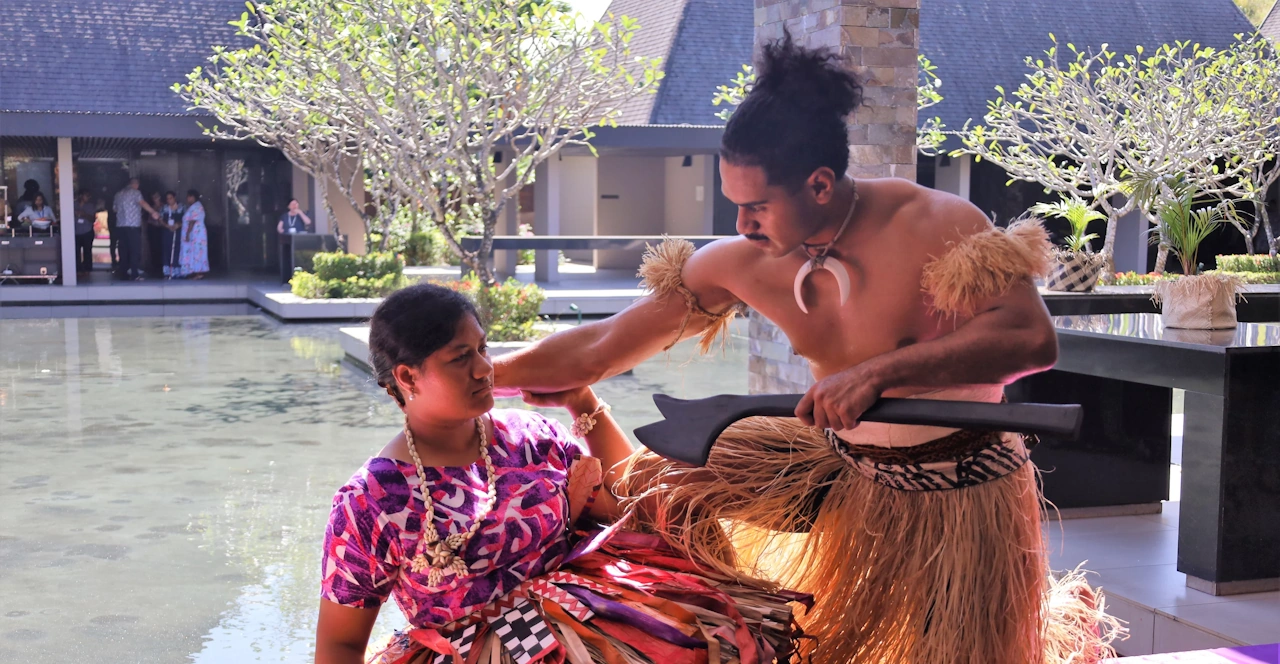Preventing violence against women and girls in the Pacific
3 May 2024Last month, around one hundred practitioners, researchers, policymakers, activists, and community members from across the Pacific participated in the Pacific Prevention Summit, in Fiji, to discuss and strategise on what works for ending violence against women and girls in the Pacific, around the theme of Where We Play, Pray, Learn and Engage Together.
Delegates included pioneer women activists who have been leading ground-breaking work to end violence against women and girls in the Pacific for four decades and newer partners working in the areas of sports, faith and education. The Pacific has one of the highest recorded rates of violence against women and girls globally – with two out of three women subjected to physical and/or sexual violence in their lifetimes. The summit represents a key step forward in a journey that started a long time ago.
The Pacific Community (SPC) co-hosted this event – alongside UN Women Fiji Multi-Country Office (MCO), and the Pacific Islands Forum (PIF) – as part of the Pacific Partnership to End Violence Against Women and Girls (Pacific Partnership), which is funded by the European Union, Governments of Australia and New Zealand and UN Women.
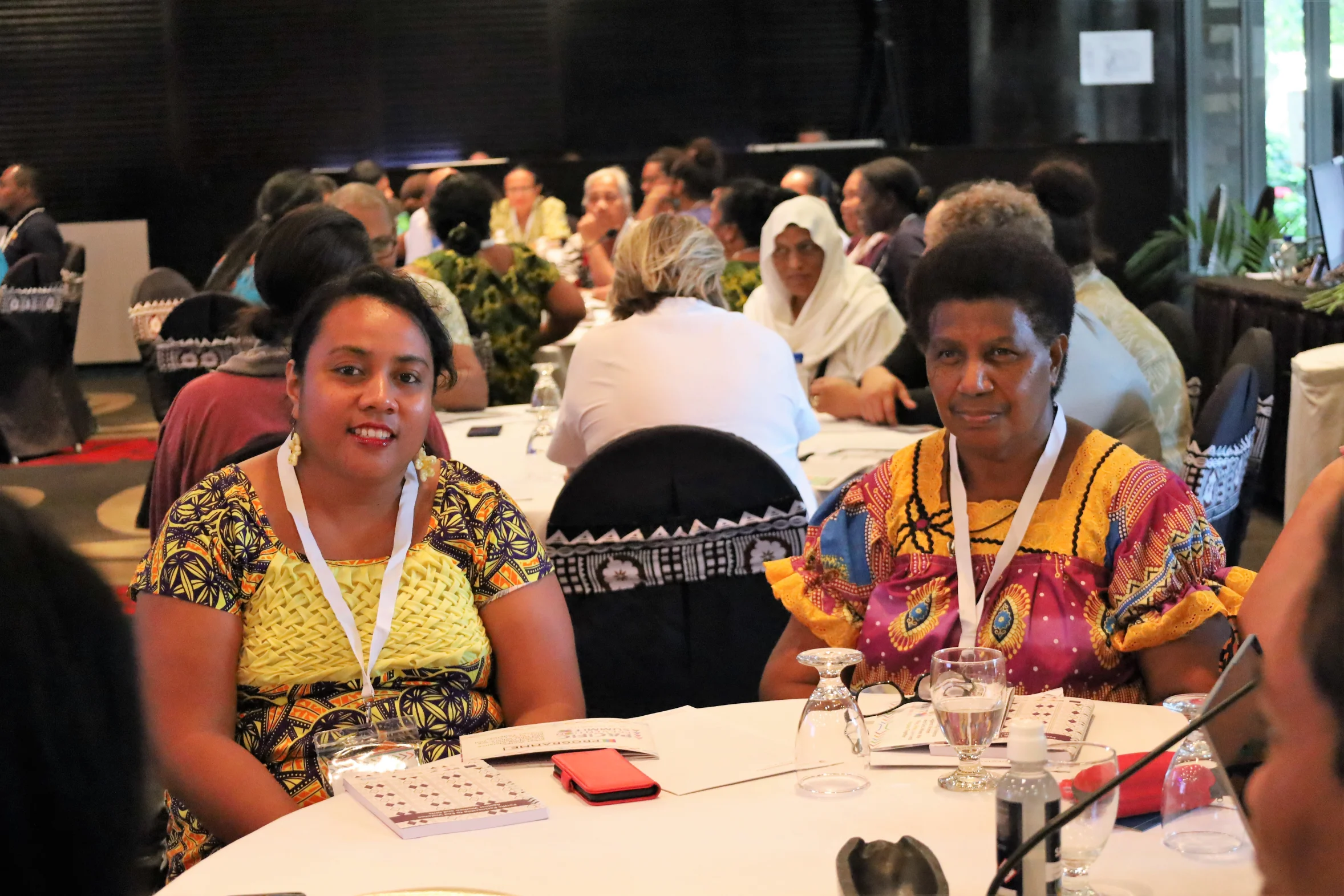
Key takeaways
Issues discussed include:
• The importance of sports as a sector that inspires passion in the region and how it can be harnessed to prevent violence.
• The critical role of faith-based organisations, and their transformative potential.
• Transformative approaches in the formal and informal education of children for gender equality.
• The need for strengthening connections and multi-pronged approaches through education, sports and faith settings with consistent messaging.
• How the national, regional and international policy and legislative landscapes can provide an essential enabling environment for preventing violence against women and girls.
Other takeaways include the need for intersectional, contextualised, country-led and community-based approaches for prevention, grounded in the lived realities of women and girls. Collaboration among various actors, and the indispensable involvement of men in these approaches, were also recurring issues discussed.
“Together we can put measures in place to stop violence before it starts, such as building safe spaces in schools and workplaces, promoting positive family relationships, encouraging women and girls’ empowerment, empowering our young people, and teaching boys that strength comes from respect and integrity, not from violence. We must do all we can to be part of the answer and create a society in which no woman and girl will live in fear of violence, and every girl will grow up knowing she is safe and equal” said Mereseini Rakuita, SPC Principal Strategic Lead – Pacific Women and Girls in her closing remarks. Read her full speech.
Jackson Tasa, Director Family Affairs, Ministry of Women, Youth, Children & Family Affairs, Solomon Islands, commented:
“This summit to me, brings the attention, to all the countries in the region, to prioritise the importance of working together. I love to see that many of the country representatives from Governments, CSOs, and faith-based organisations highlighted the fact that if we can collaborate, network, as well as share resources which work in the different contexts that we come from, I believe that we will be more effective than working in silos”.
Ethel George, Women’s Desk Officer, Anglican Church of Melanesia Vanuatu, shared:
“I am a survivor of violence. Whatever violence is, I think I have survived it. This prompted my heart to engage in advocating towards ending violence. Not specifically for women and girls, but violence in general. Anything that disturbs peace for me is violence. Violence is not something that people should tolerate, and there are ways that they can come out of their situations”.
Daisy Alik-Momotaro, Executive Director, Women United Together Marshall Islands, Marshal Islands, said:
“I think everybody must come together to combat violence against women and girls. In our country, I would like the government, the churches and the NGOs to come together, go out to the community and raise awareness. I strongly believe that this way we’ll be able to decrease or even eliminate violence”.
According to Sally Ann DeBrum, Assistant Commissioner, Ministry of Education, Sports and Training, Republic of Marshall Islands, “We have to be united as women, we have to be united as a country, as a region, and united with the other gender or else nothing’s going to happen. And I see that, especially in the Marshall Islands, it’s mostly women who implement the programmes countering violence against women, and we need more men involved in order to not only spread awareness but prevent more violence against women and girls from happening around the world and our region more specifically”.
Preventing violence through education
During the summit, SPC led the sessions around the theme of ‘where we learn’. These looked at how we can prevent violence against women and girls through education and learning, and how we ensure that classrooms in the Pacific are inclusive, respectful, and safe so students can reach their maximum potential. These themes were touched upon in the performance and interactive exhibit by ManaVa Performing Arts Fiji.
Schools influence children’s views on human rights, and gender relations through their curriculum, peer norms on gender, as well as through policies and staff–student interactions. Schools can either reinforce harmful norms on gender relations and the use of violence or contribute to transforming them. School systems provide an opportunity to reach many students, teachers and parents in a teaching–learning environment, and thus hold great potential for taking Violence against women and girls (VAWG) prevention to scale.
School-based interventions use schools as an entry point and platform for promoting human rights, gender equality, and social inclusion and preventing violence against women and girls, peer violence, and/or corporal punishment. They may be delivered in class by teachers or by facilitators, or after school, usually by facilitators. Some move beyond teacher/facilitator–student learning interactions to engage the wider school and/or others – such as parents, communities, or school governing bodies – and are referred to as ‘whole school’ interventions.
Pacific values using cultural stories, folklore, legends indigenous to the Pacific region are a starting point for conversations and messages about human rights, gender equality and ending violence against women and girls. These speak of the love and protection offered to the women and girls in our societies; the importance of respect for the diversity of people within our Pacific region, especially the vulnerable or marginalised groups in our society; tell of ways our ancestors made decisions based on values of mutual respect, integrity and fairness; and how our communities come together in times of crises or uncertainty to brainstorm solutions that benefit the community as a whole and that everyone’s needs are considered. In this way, school-based interventions are rooted in the country’s context, cultural and religious values.
Professor Govinda Lingam, Programme Coordinator, Educational Leadership, University of the South Pacific (USP) said:
“Any form of education – whether it be formal or informal – should promote the same thing: that there should not be any violence at all, whether it be at home, in the workplace, or in the playground. If we all work together, collaborate well, I think we can make a difference, in the lives of everyone”.
SPC is implementing the Social Citizenship Education (SCE) component of the Pacific Partnership, which aims to enhance Pacific youth’s formal in-school and informal education on gender equality and prevention of violence against women and girls in Kiribati, RMI, and Vanuatu. These topics are being introduced into the school curriculum and applied using a whole-of-school approach.
Teachers are supported, through training and ongoing mentorship, to understand the teaching content as well as utilise learner-centred and activity-based learning methods. This approach nurtures respectful constructive dialogue and critical thinking rooted in teachers’ and children’s own experiences and knowledge.
The capacities of young people are built through training and mentoring to advocate on issues of human rights, to deliver community awareness around issues of human rights, gender equality, social inclusion and ending violence against women and girls.
According to Nilesh Goundar, Manager, Programmes, SPC Human Rights and Social Development Division, “SCE implementation is based on Pacific values using cultural stories, folklore indigenous to the Pacific region as a starting point for conversations and messages about human rights, gender equality, and ending violence against women and girls. In this context, SCE is rooted in the country’s context, cultural and religious values. A key strength of the SCE programme in the Pacific is its focus on participatory and interactive delivery styles for training and student activities. This approach nurtures prevention of violence against women and girls”.
Ms Arieta Matalomani, SPC’s Team Leader of Inclusive and Equitable Societies, commented:
“SPC HRSD is responsible for implementing the Social Citizenship Education component of the Pacific Partnership and we thank the European Union for the commitment of funds for phase two of the programme for the period 2024–2027. We’re excited to work with the current and new partners to deliver strengthened and culturally contextualised programming across the region.”
Key priorities in the area of education include:
• Provide greater and sustained investment in SCE in the region.
• Staged and evidence-informed roll-out of the SCE programme across the Pacific to be informed by rigorous monitoring and evaluation.
• Continue building the evidence base around SCE to inform programming in the short, medium, and long term.
• Integrate key concepts of Human Rights, Gender Equality, Social Inclusion and violence against women and girls into school core subjects as opposed to merely creating supplementary curriculum resources or stand-alone approaches.
• Strengthen connections and a multi-pronged approach through education, sports, and faith settings with consistent messaging.
• Continued modality of transformative learning, that starts with learner needs, identities, motivations, expectations, aspirations, interests. Learners then construct their own knowledge through experiential, inquiry, and activity-based learning.
• On-going teacher training and mentoring across the region.
• Development of grade-appropriate teacher/learning resources.
In all three countries, the project teams are starting to see changes on the ground.
Marie Jonah, National Programmes Coordinator, Ministry of Education and Training (MOET), Vanuatu, commented:
“I’ve seen the principles in the six schools we are working in tell stories of changes in their schools, how the teachers are embracing gender equality in schools, and how they’ve seen students’ attitudes changing. The boys are seeing the girls differently in a very nice way. They are their friends; they are their sisters. And they do things together. I’ve been moved by this. So, for me, this programme has had an impact in a very positive way, and it has changed the mindset of the teachers and the students. I want to see this upskilled in all the schools in Vanuatu, because I’ve seen the impact”.
Totite Barekiau, SCE Programme Coordinator for Kiribati, SPC, said:
“This SCE programme has really helped the teachers who attended the training transform their attitudes… The teachers commented that this programme has really helped them with how they deal with students in terms of respecting their rights. We also looked at the LGBT group”.
To complement the formal education part of the project, SCE student and mothers’ clubs were established in the schools. She commented that thanks to these: “we are very happy that there’s been a change in the attitude of students, teachers, as well as the community”.
Kakine Rakenang, SEO Inclusive Education and Gender, Ministry of Education, Kiribati, commented: “We know it’s going to be an effective programme, with community-based activities like establishment of women clubs. That’s the most beneficial way of strategy or approach that can help mothers to become the first teachers at home. So, the children nurtured by the responsibility of the mother will become good citizens and have good moral values”.
Temaiti Teramarawa, Deputy Principal, Kiribati Teachers College, which trains teacher on SCE, recommends that in addition to school-based activities which involve teachers and students, and parents’ community involvement, it is key that the Ministry of Education prioritises having a policy in place around SCE for gender equality to ensure that SCE is implemented throughout the Pacific Island country.
“We need a policy that can help our trainee teachers value and prioritise SCE concepts. If it’s in the policy, then they know it’s a must. But if we just talk about it, then it’s not going to be as effective. It is achievable, but it requires a top-down approach. If the MoE executive body can make changes and push for the implementation in all schools, then this will happen”.
Delegates have developed a summit outcomes document making the case for continued and increased investment to focus on primary, secondary and tertiary prevention efforts in the Pacific to address all forms of violence against women and girls.
The summit co-convenors will use this to review and improve the focus of the next phase of the Pacific Partnership to End Violence Against Women and Girls (Pacific Partnership).
Source: Pacific Community



